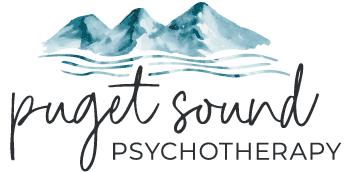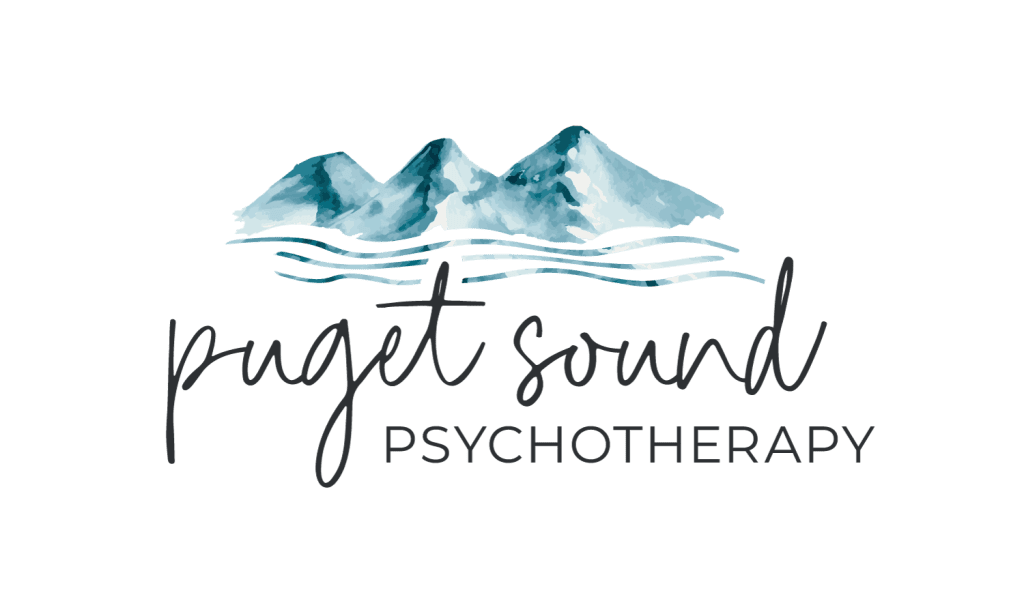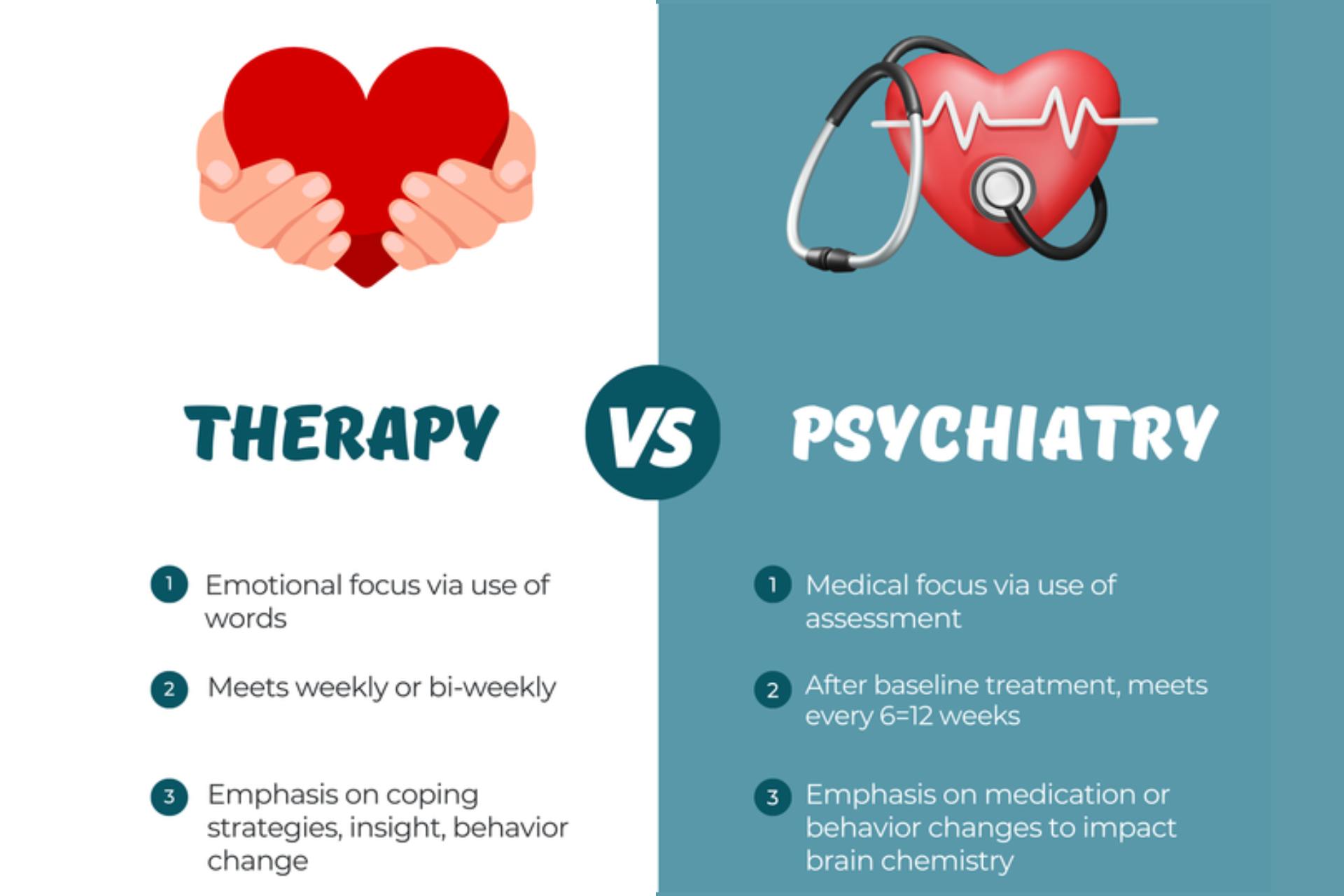
Therapy doesn’t always have to happen in an office sitting on a couch staring at your therapist with a tea cup in one hand and a kleenex in another. Sometimes the most powerful conversations happen while we are doing what humans have always done, bipedaling across the ground, left right, left right, shoulder to shoulder, surrounded by trees and birdsong, sunlight on your face.
At Puget Sound Psychotherapy & Psychiatry (PSP), we offer Walk and Talk Therapy as an option for clients to benefit from getting off the couch and into motion and into nature. This kind of therapy blends traditional talk therapy with walking outdoors, offering all the benefits of movement, sunlight, and nature as part of your healing process. Luckily the PSP Seattle Madison Valley office is only a few blocks away from the Washington Park Arboretum and the Seattle Japanese Gardens
Unfamiliar with the benefits of walking on mental health or how being in nature can provide changes more powerful than antidepressant drugs? Read on, or reach out to learn more or register.
Walking: Gentle Movement, Big Impact
Walking has long been recognized as one of the most accessible ways to support both physical and emotional well-being. It’s easy to underestimate, but regular walking can:
- Ease symptoms of anxiety and depression
- Support focus and mental clarity
- Provide a natural rhythm that encourages deeper reflection
A large-scale analysis published in JAMA Psychiatry in 2022 found that people who got in even short walks a few times a week saw a notable decrease in depression risk—by about 25%. The takeaway? You don’t have to run marathons. Just putting one foot in front of the other can help shift your mood and energy in meaningful ways.

Sunlight: Nature’s Mood Booster
There’s a reason many people feel a little brighter on sunny days—it’s not just in your head. Natural light plays a big role in regulating mood. When we spend time in the sun:
- Our brains produce more serotonin, a neurotransmitter that helps us feel calm and balanced
- Our bodies make vitamin D, which is tied to energy and emotional resilience
- Our circadian rhythms reset, helping us sleep better at night
A 2020 study in the Journal of Affective Disorders even found a connection between increased sunlight exposure and a reduction in depressive symptoms. That’s why Walk and Talk sessions in the late morning or early afternoon can feel especially grounding and uplifting.
Nature: A Reset for the Nervous System and Reduced Need for Psychiatric Medications
Spending time outside—especially in places like the Arboretum, where you’re surrounded by plants, water, and birds—helps the body naturally regulate stress. Being in green spaces has been shown to:
- Lower cortisol (the stress hormone)
- Slow down heart rate and blood pressure
- Encourage a calmer, more present state of mind
One study, published in Frontiers in Psychology in 2019, found that even just 20 minutes in nature significantly lowered stress levels in participants, and another 2023 study published in Occupational & Environmental Medicine investigated the relationship between frequent visits to natural environments and the use of psychotropic medications. The researchers found that individuals who visited green spaces three to four times per week had a 33% lower likelihood of using mental health medications compared to those who did not engage with nature as frequently. This association remained significant even after adjusting for socioeconomic and health-related factors, suggesting that regular nature exposure may serve as a preventive measure or adjunct to traditional mental health treatments.
Therapy That Moves With You
Walk and Talk Therapy isn’t a fit for everyone, but for many people, especially those who feel stuck, overwhelmed, or disconnected from their bodies, it can offer something different. There’s a grounding that happens when we walk and talk in nature. Your mind softens, your nervous system settles, and you start to feel like yourself again.
If this sounds like something you’d like to try, we’d love to walk (and talk) with you.
Feel free to reach out with questions or to schedule your first session outdoors.
BONUS READING – MORE ON THE BENEFITS
Read on for more research on the benefits of Walk and Talk Therapy, emphasizing both its therapeutic value and its physiological and psychological impact:
1. Revell & McLeod (2016): Psychological Benefits of Outdoor Therapy Settings
Revell, S., & McLeod, J. (2016). Experiences of therapists who integrate walk and talk therapy into their practice. Counselling and Psychotherapy Research, 16(1), 35–43. https://doi.org/10.1002/capr.12044
This qualitative study explores the experiences of therapists who incorporate walking into their sessions. It highlights how being outdoors helps clients open up more easily, improves the therapeutic alliance, and promotes deeper reflection. The authors emphasize that movement and nature together offer a less confrontational and more dynamic space for emotional exploration.
2. Cooley et al. (2020): Physiological and Emotional Outcomes of Walking Therapy
Cooley, S. J., Jones, C. R., Kurtz, A., & Robertson, N. (2020). ‘Into the Wild’: A meta-synthesis of the therapeutic experiences of wilderness and adventure therapy. British Journal of Clinical Psychology, 59(4), 479–499. https://doi.org/10.1111/bjc.12256
This meta-synthesis includes studies on walk-and-talk and nature-based therapies, concluding that physical movement in natural environments helps reduce symptoms of depression and anxiety, enhances emotional processing, and supports a greater sense of personal agency. Clients reported feeling more relaxed and less inhibited, facilitating deeper therapeutic conversations.




